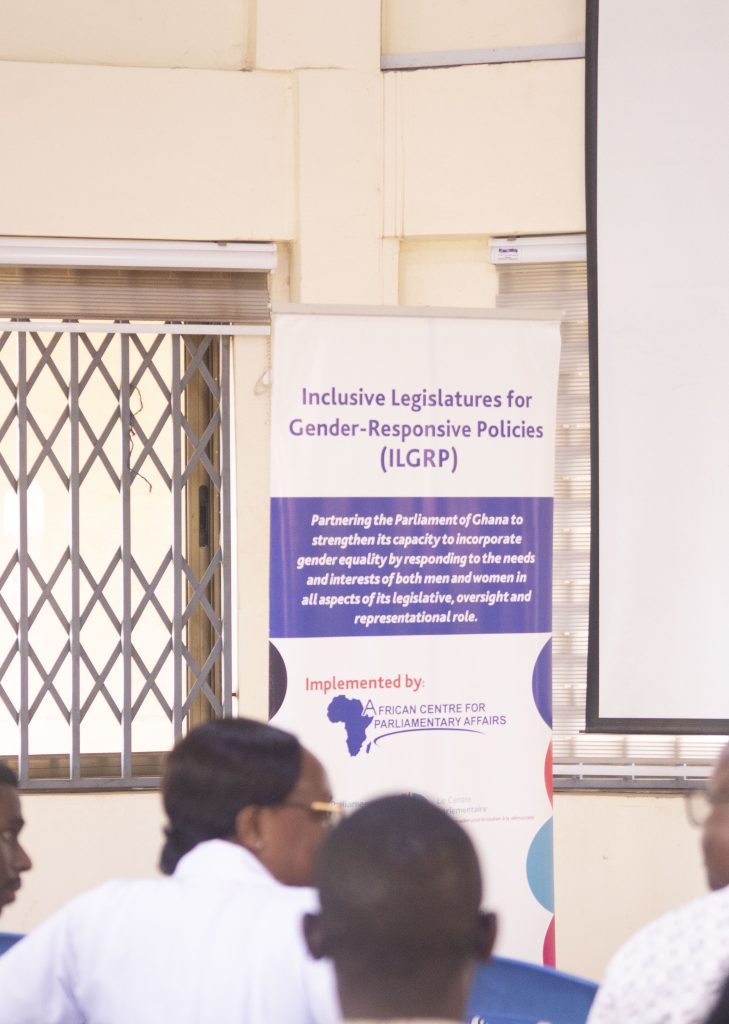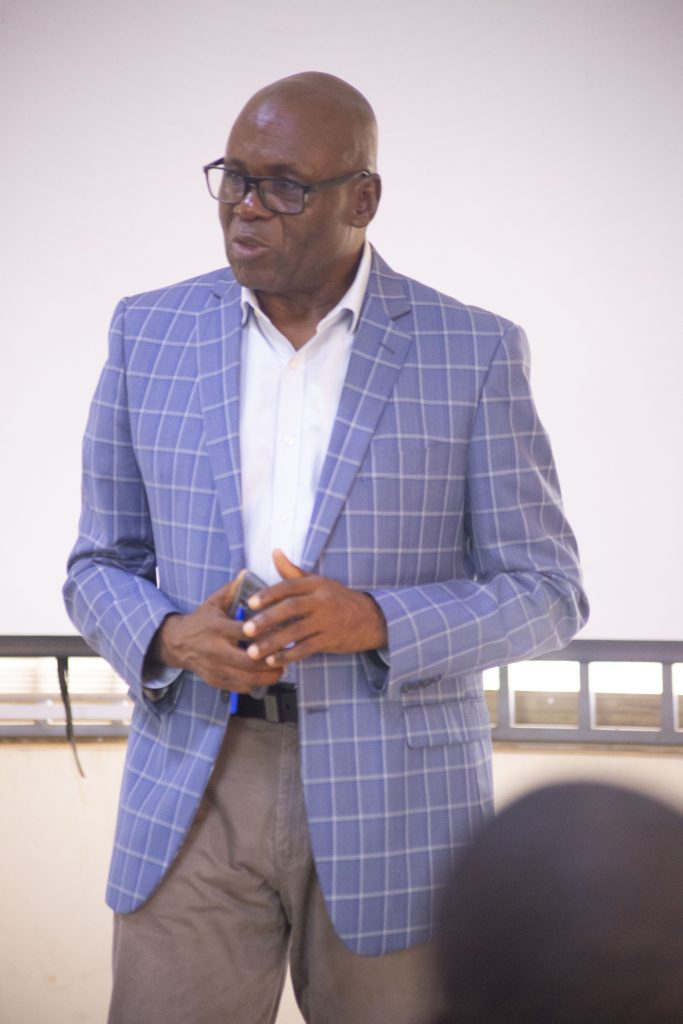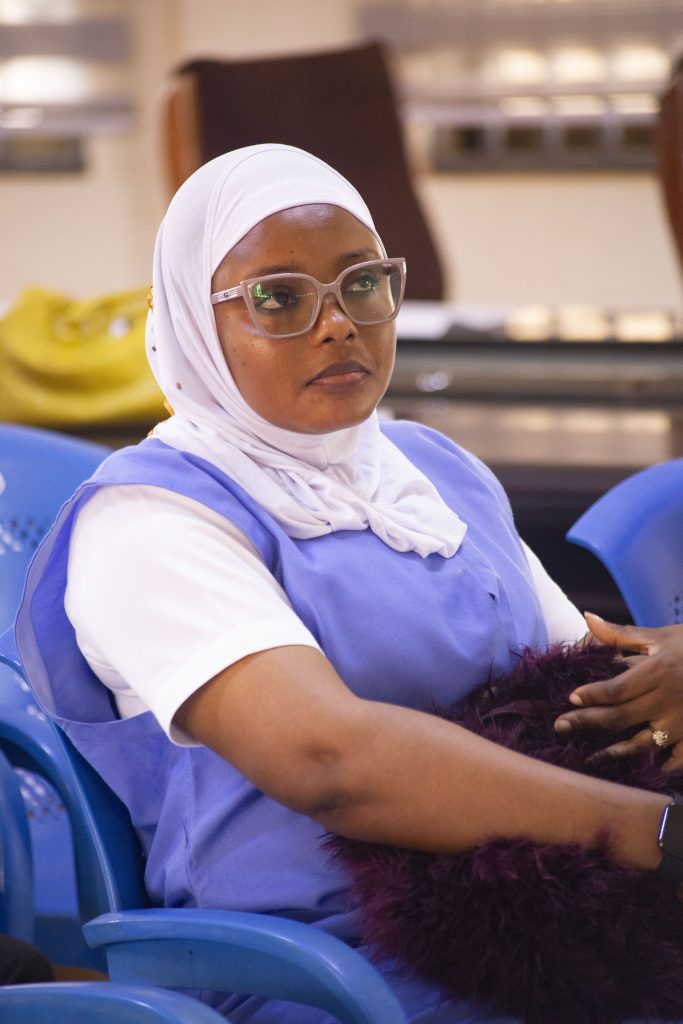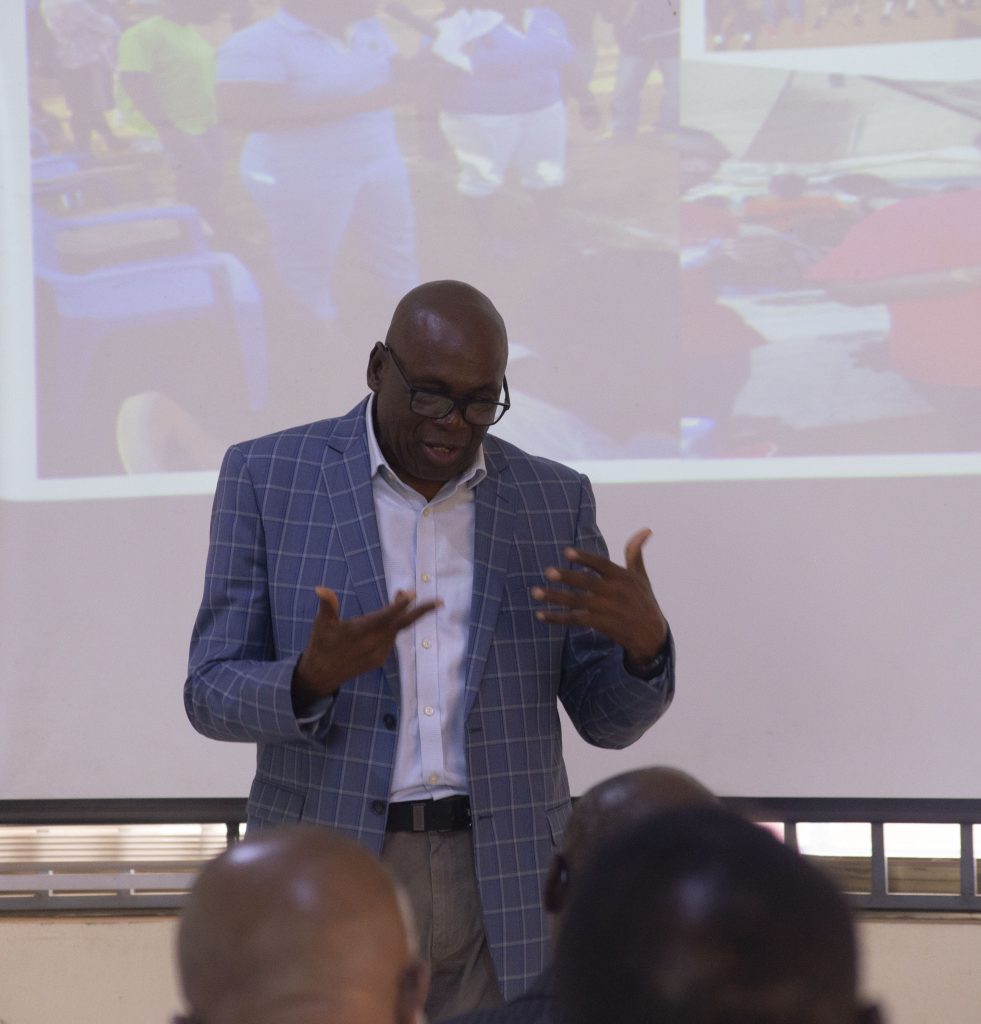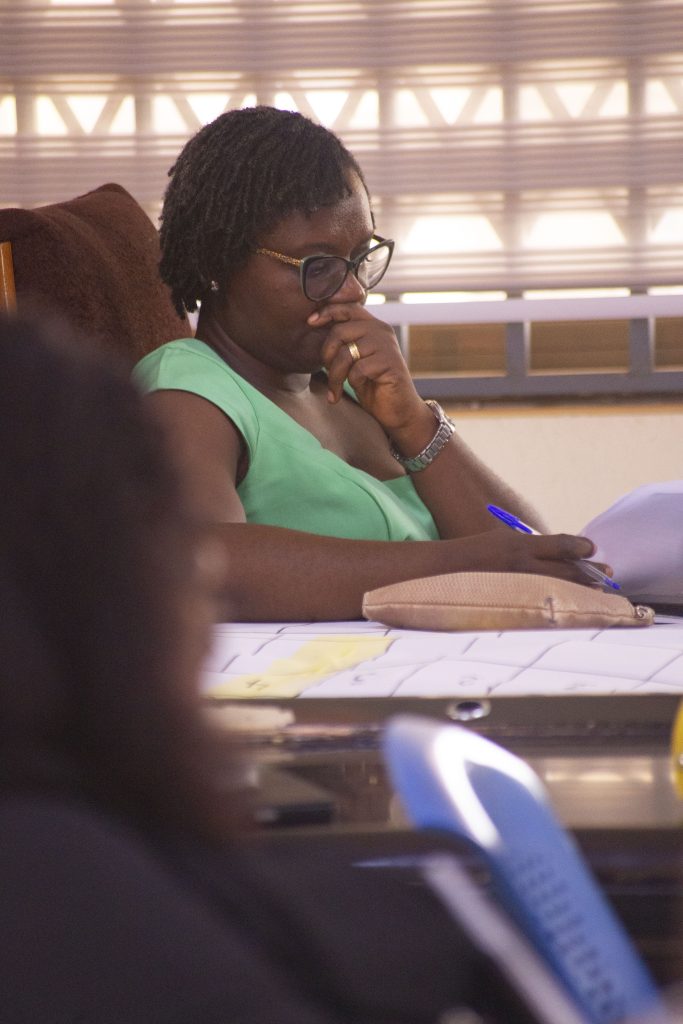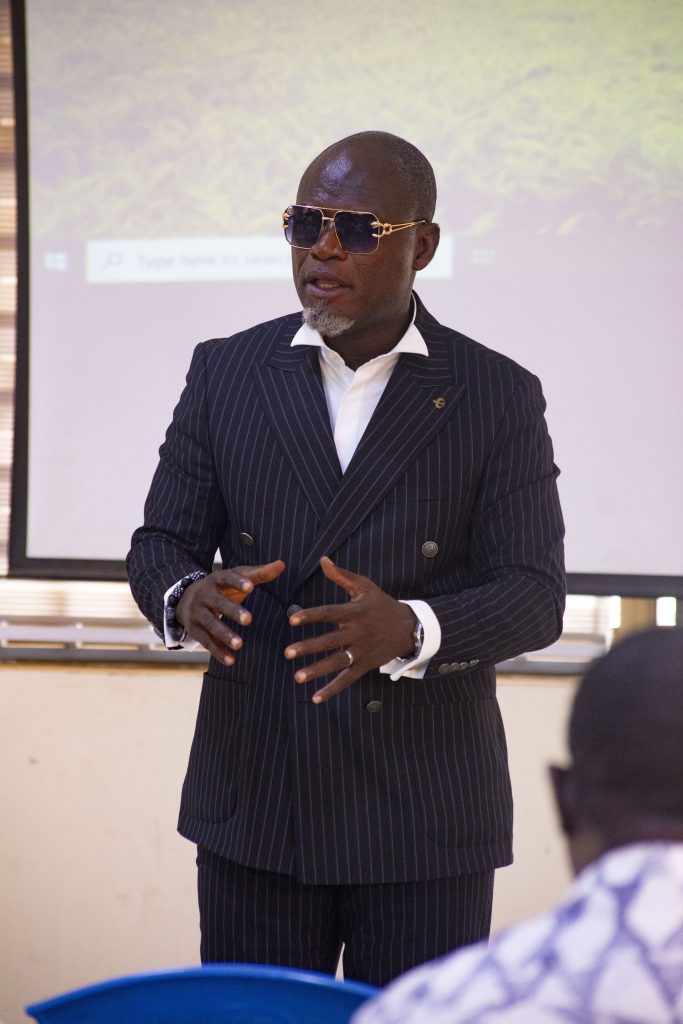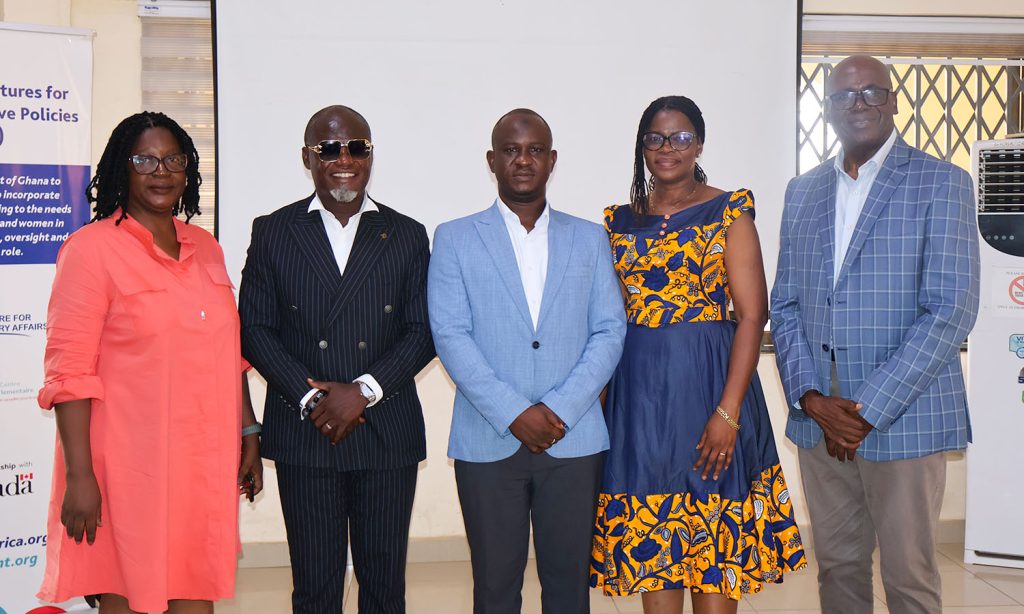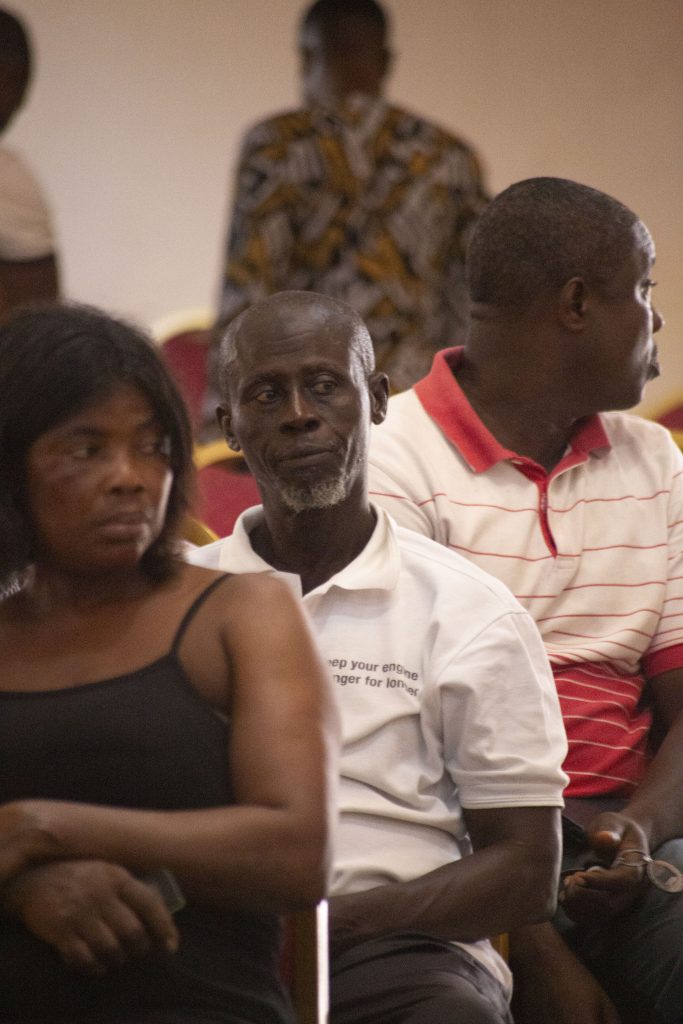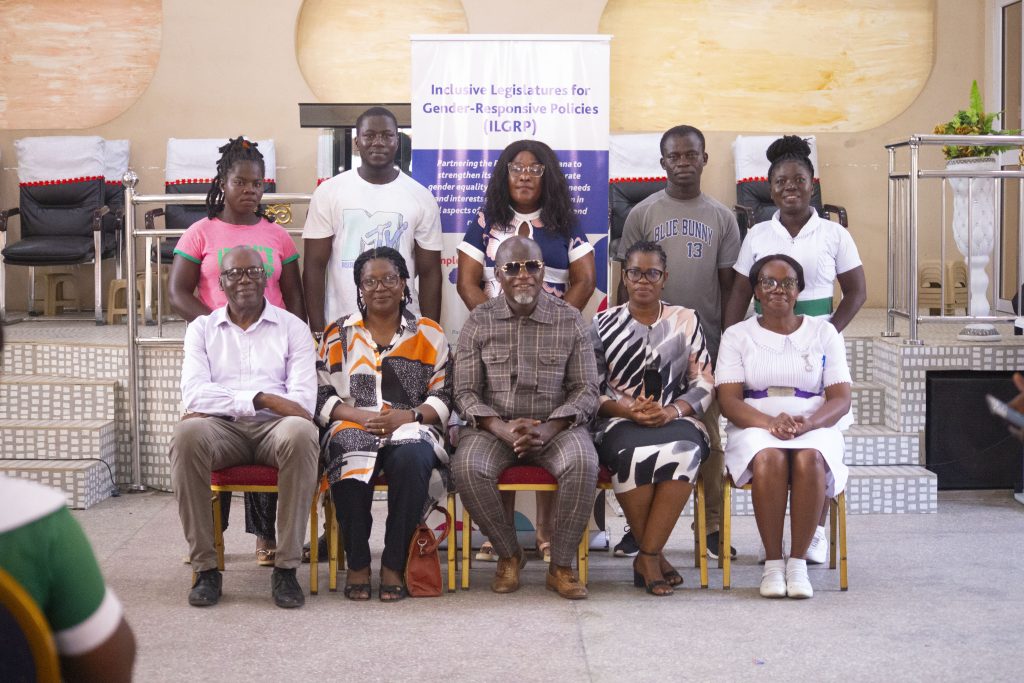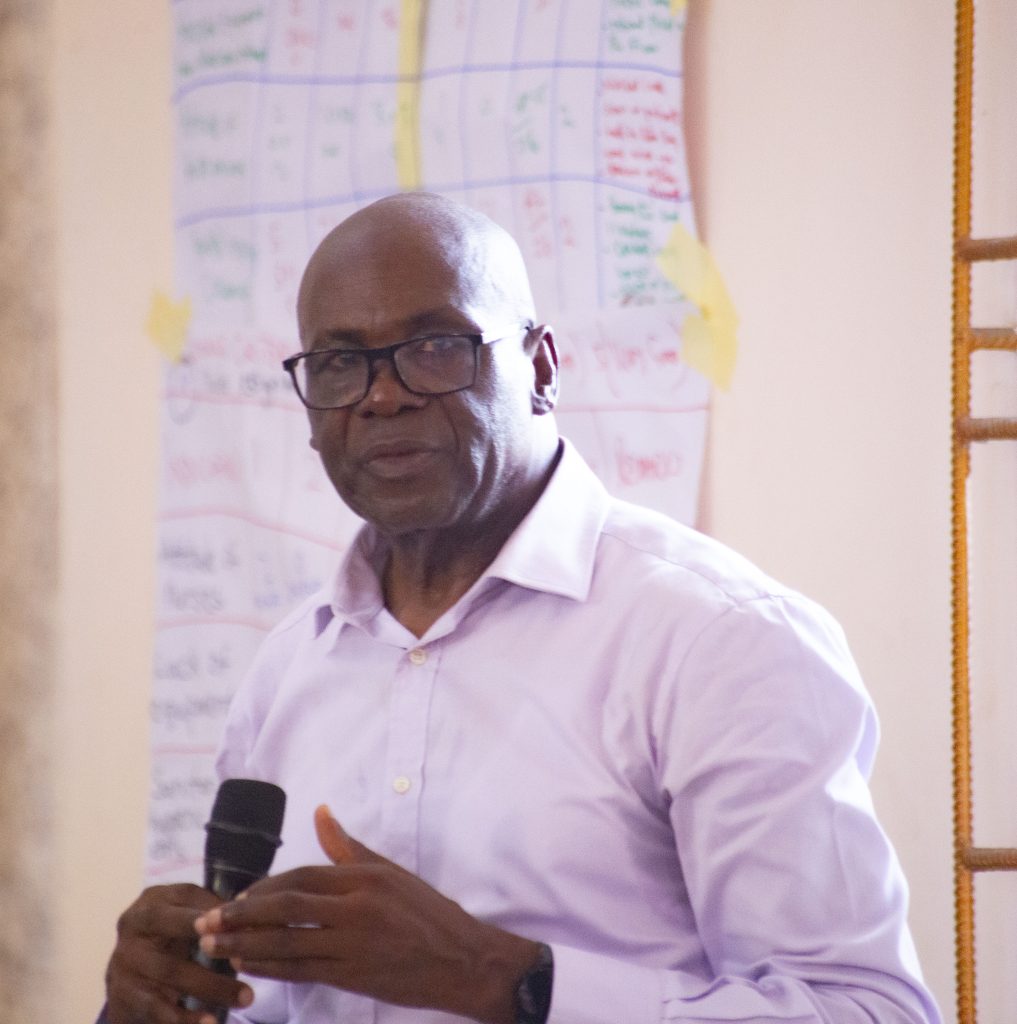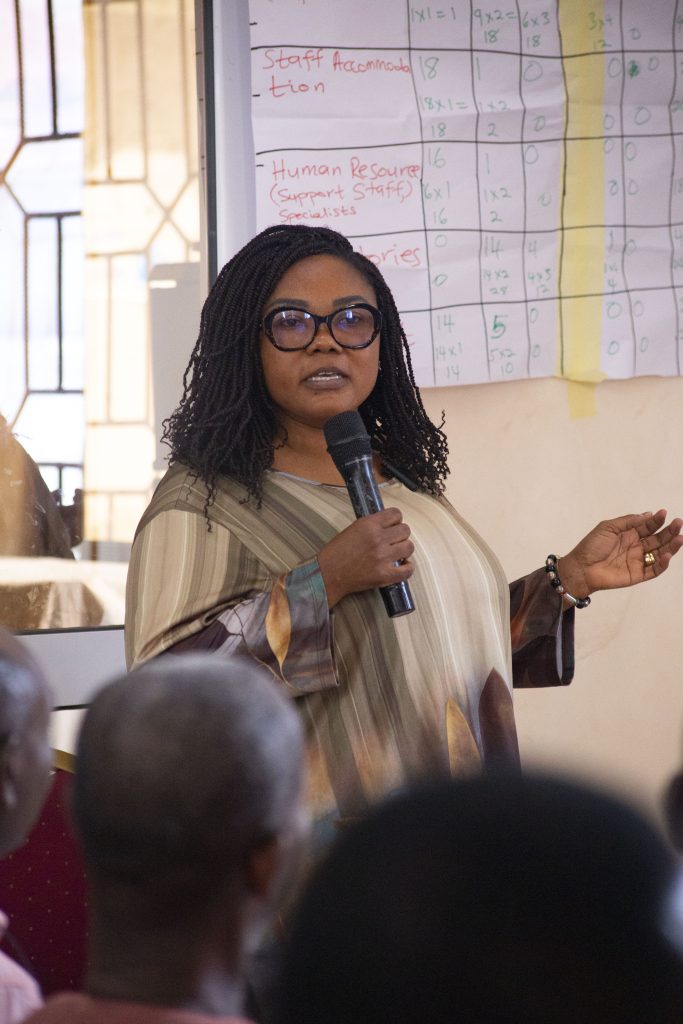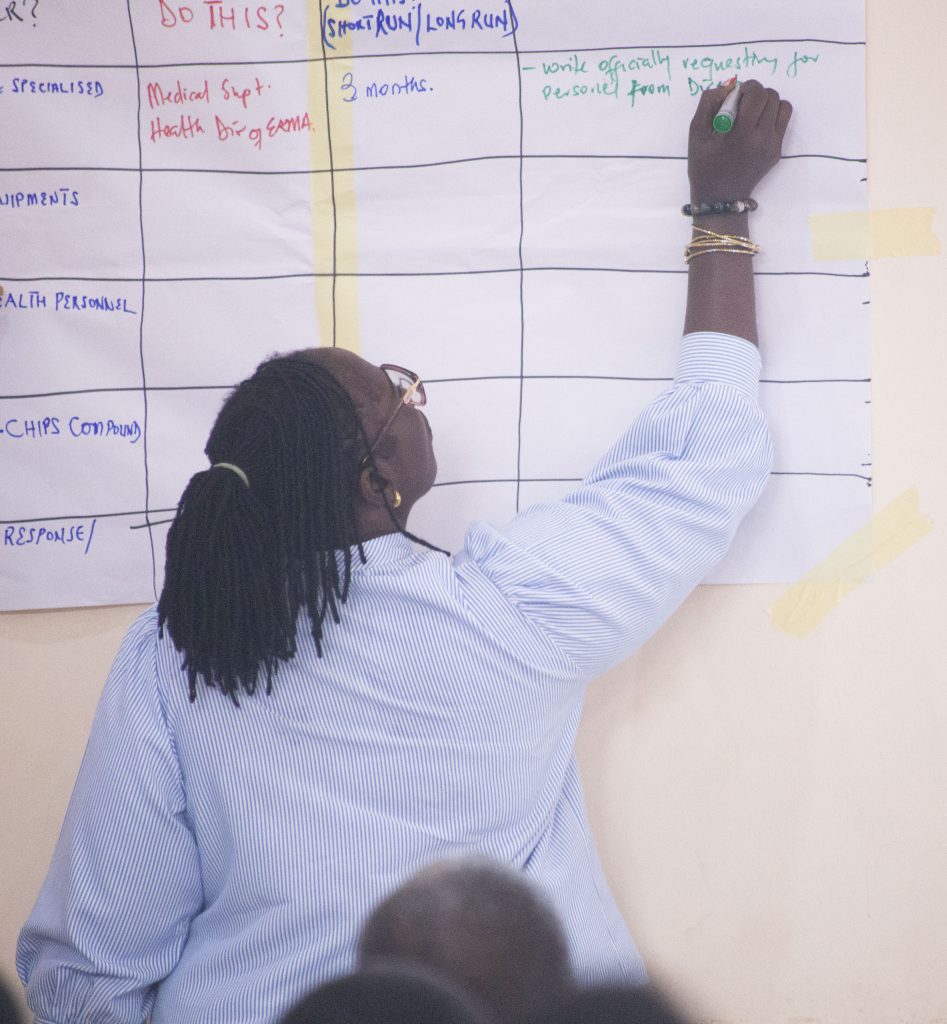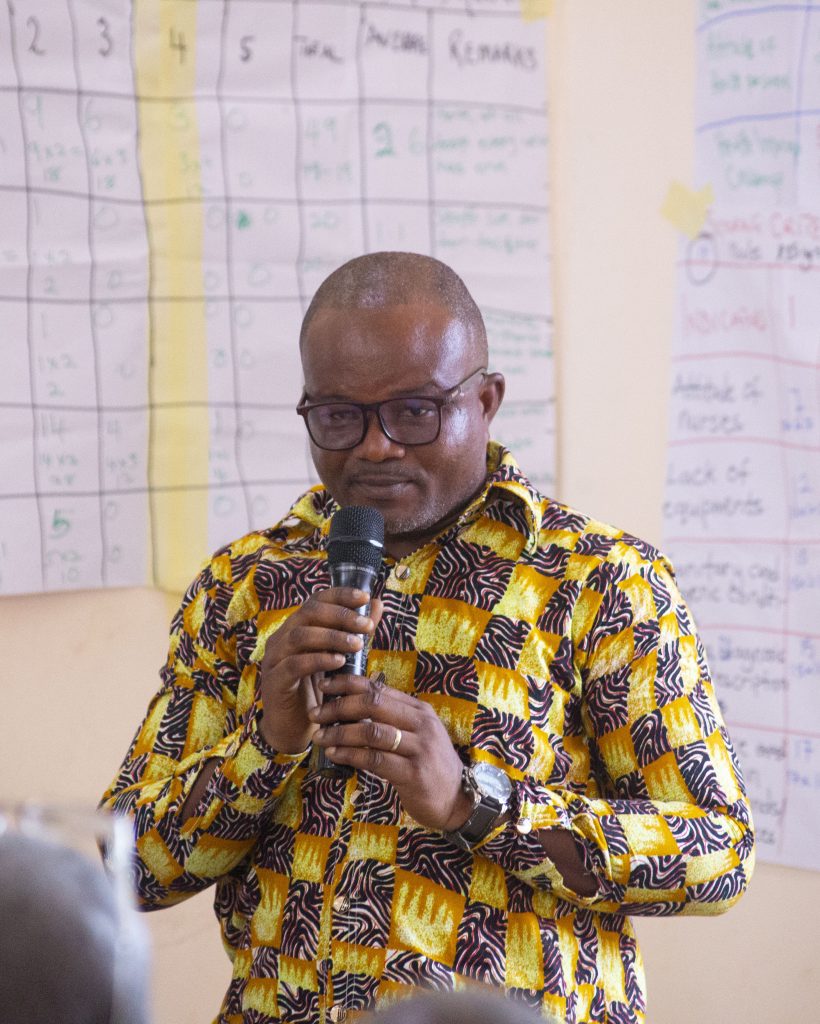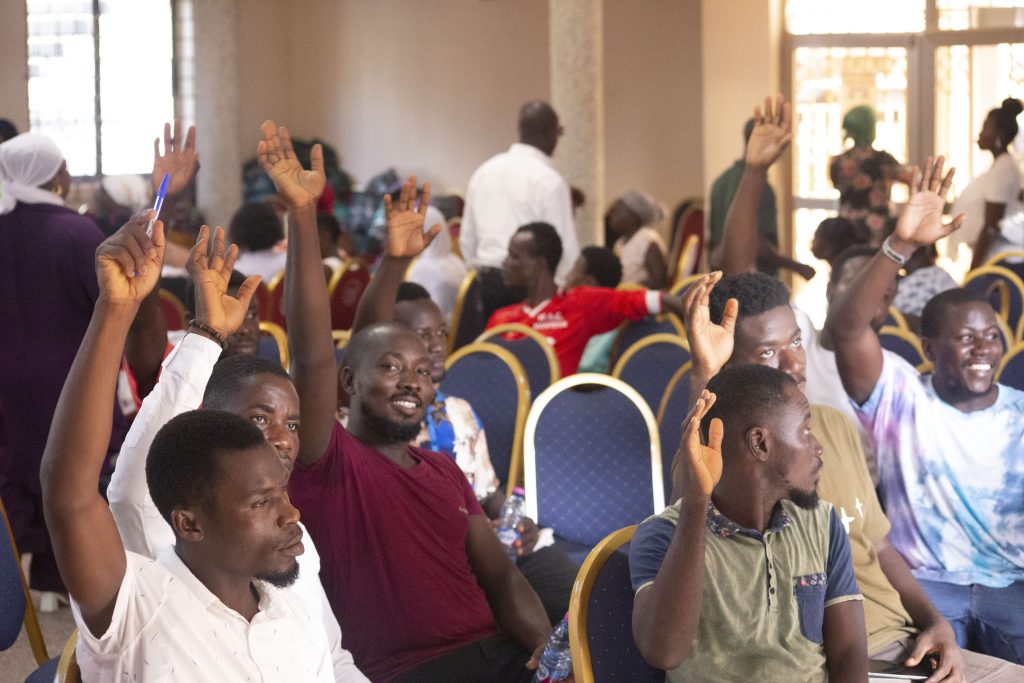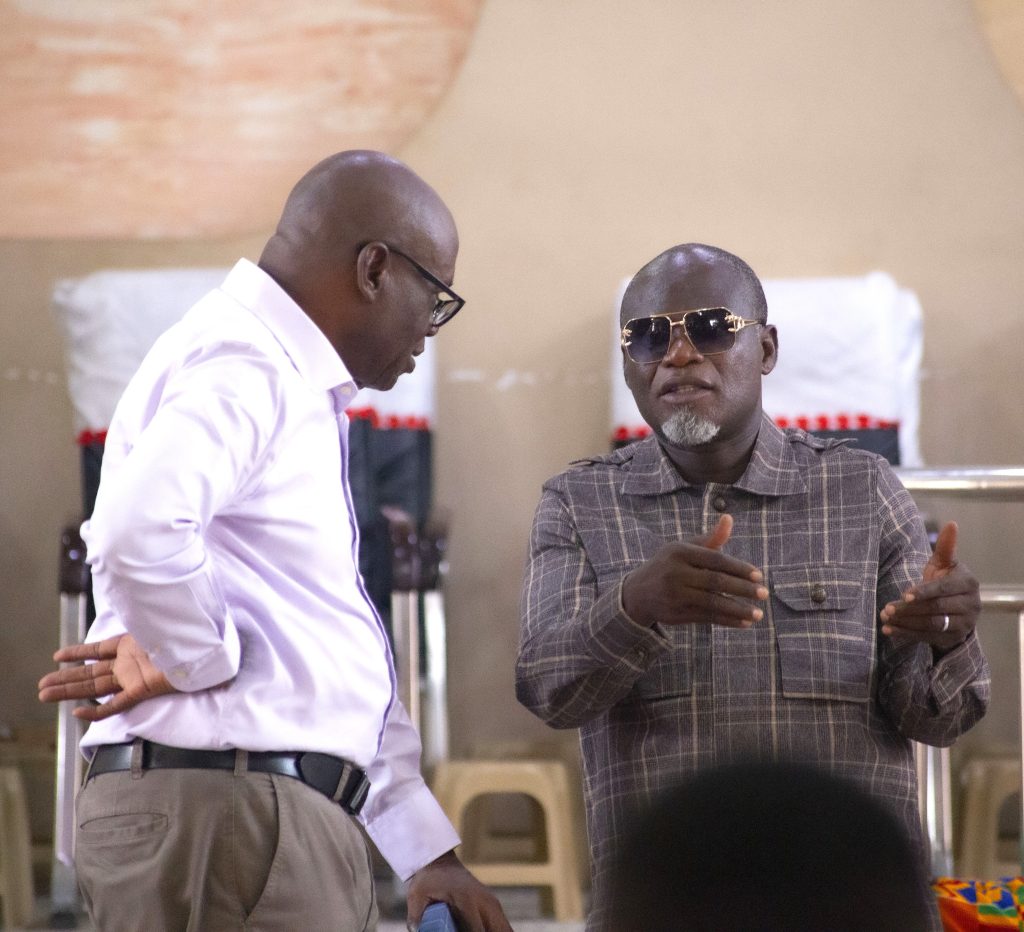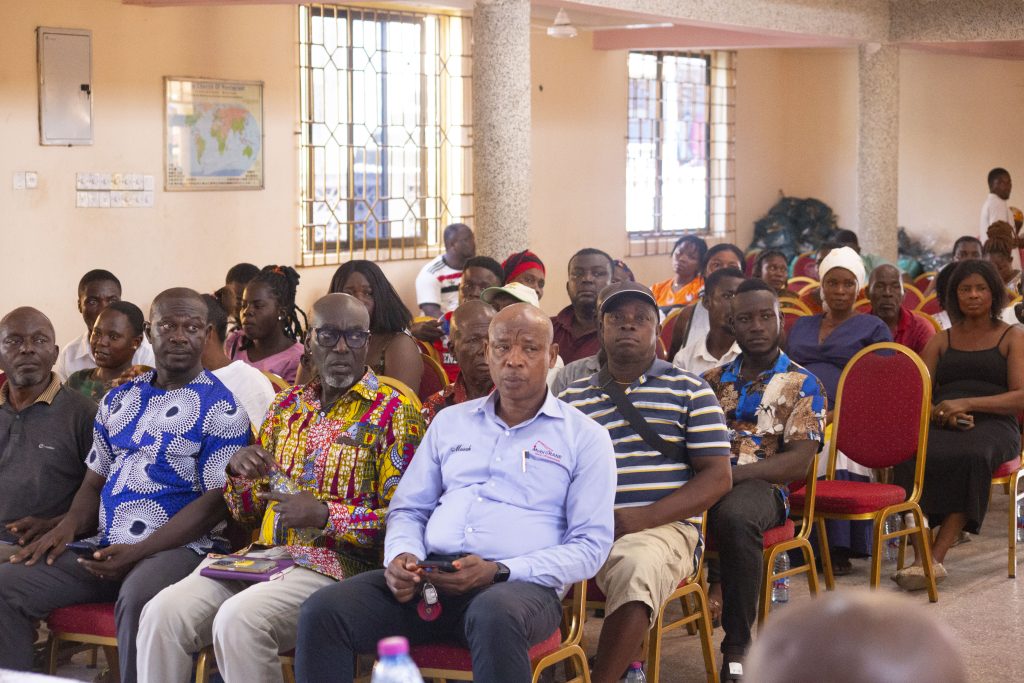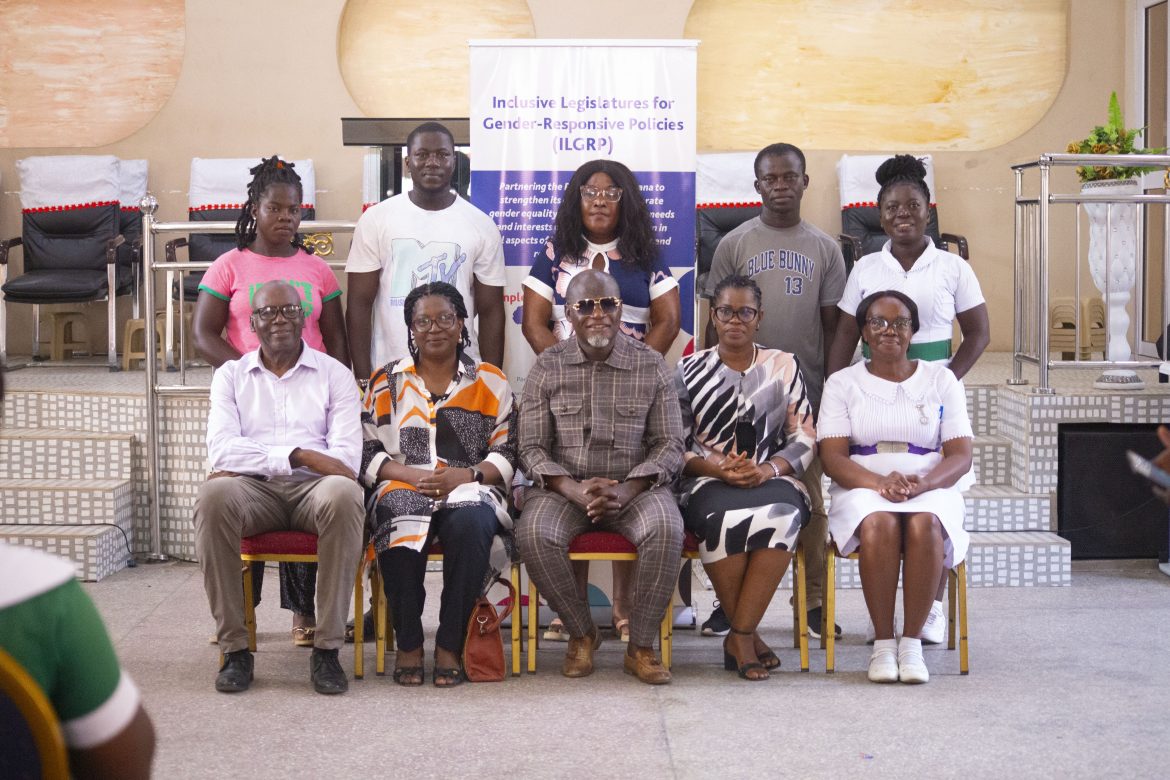As part of ongoing efforts to promote inclusive legislatures, governance, and gender-responsive policy making, the African Centre for Parliamentary Affairs (ACEPA), in partnership with the Parliamentary Centre, continues to foster citizen engagement and parliamentary oversight through the Global Affairs Canada funded Inclusive Legislatures for Gender Responsive Policies (ILGRP) project in Ghana, Kenya, and Togo.
On April 14–15, 2025, ACEPA, under the ILGRP Project, in collaboration with Hon Philip Fiifi Buckman, undertook an assessment exercise using the Community Scorecard as a tool to assess Health Care delivery in the Effia-Kwesimintsim Municipality. This two-day participatory exercise brought together community members, healthcare service providers, opinion leaders, and duty bearers from both the Assembly and health directorate, who participated in the assessment exercise in the Municipality and co-created solutions for improved service delivery.
Building on a Strong Foundation of Accountability Tools
The use of scorecards is not new to ACEPA. Scorecards have served as practical instruments for monitoring and evaluating duty-bearers’ performance. The scorecard process makes it possible for citizens to make inputs in policy implementation and decision-making processes, including Members of Parliament (MPs). The tool is used to ensure that citizens have a voice in the implementation of policies and services delivery that affect their lives. Through previous initiatives, ACEPA has demonstrated the effectiveness of this approach in sectors such as education and health. By gathering community feedback and presenting it to key decision-makers, the scorecards have led to tangible improvements in public service delivery and have strengthened the capacity of MPs to fulfill their oversight roles.
Our Engagement In Kwesimintsim
Our engagement in Kwesimintsim was a two-phased process. On the first day, the ILGRP project team, including the National Parliamentary Advisor, Dr. Gifty Adika, and supported by the lead resource person, Mr. Issifu Lampo, with the MP of Kwesimintsim, held a technical session with key stakeholders from the Effia-Kwesimintsim Municipal Assembly, the District Health Directorate, and other local health actors. The meeting with Municipal Health service providers allowed the service providers to undertake self-assessment, gaining deep insights into the services provided, successes, and challenges. The interaction with service providers was brought to an end following a service provider self-evaluation aimed at gauging their perspectives on healthcare delivery in the Kwesimintsim Municipality, which further led to developing a Service Provider Scorecard that captured institutional perspectives on healthcare delivery challenges and progress.
Later that day, the team facilitated a citizen engagement session that brought together residents from different communities in the constituency, where community members discussed their experiences with the local healthcare system, highlighting issues related to access, quality, availability of health equipment, and emergency response rate. Using this input, a Community Score Card was developed.
The second day of the exercise was an interface meeting that brought together both service providers and community members (service users) to review the findings of both scorecards. This inclusive dialogue allowed all parties involved to reflect on the identified gaps and strengths in the healthcare delivery system and to jointly craft a forward-looking action plan. A five-member committee, made up of community representatives and service providers, was formed to oversee the implementation and monitoring of the Action plan.
Looking Ahead
This initiative reinforces ACEPA’s commitment to equipping Parliaments across these countries and their members with evidence-based tools to enhance their legislative and oversight functions. With support from Global Affairs Canada, the ILGRP project continues to pave the way for inclusive governance structures that empower citizens and strengthen legislative accountability. The successful implementation of the Community Score Card in Kwesimintsim sets a strong example of how participatory tools can be harnessed to foster transparency, build trust, and drive meaningful Parliamentary engagement at the community level, specifically focusing on the issues that matter to the people.
